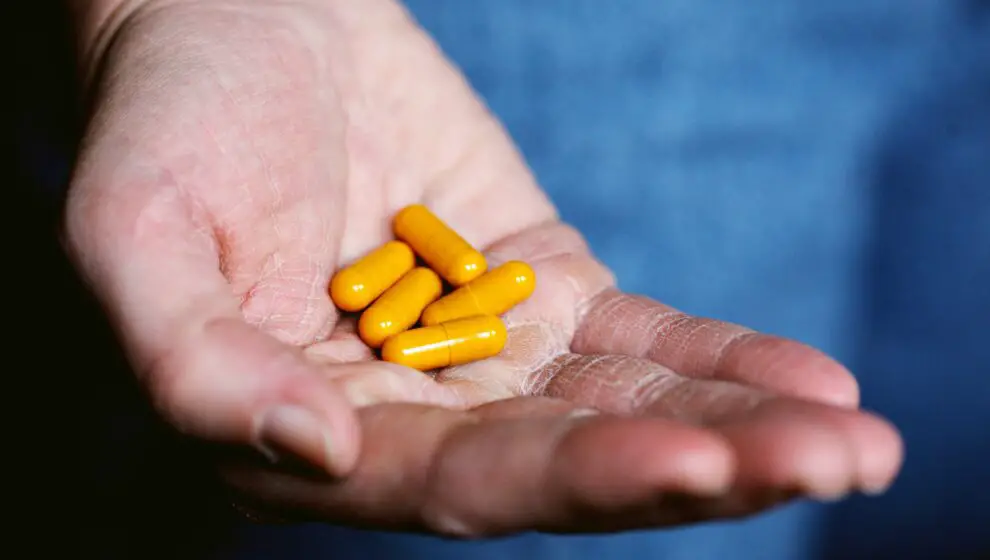A recent study of sports enhancement supplements found that many products made from botanical materials purchased online are improperly labeled—lacking promised ingredients and containing prohibited ones.
Key Details
- A recently published research paper by Harvard Medical School researchers Pieter A. Cohen, MD, Bharathi Avula, Ph.D., and Kumar Katragunta, Ph.D., found that the ingredients on supplement labels do not always reflect the contents.
- Of 63 sampled products, 9.8% of the products were missing listed ingredients, 40% did not contain detectable amounts of one or more ingredients, and 12% contained at least one FDA-prohibited ingredient, such as ephedra.
- “89% of dietary supplement labels did not accurately declare the ingredients found in the products,” says the study.
Why It’s Important
While the study is unclear which brands it sampled, the findings reveal some of the casual dangers of purchasing supplements online when as much as 40% of the products lack the ingredients they purport to sell.
The study is a valuable cautionary tool for consumers buying products from unknown brands or suppliers on the internet that a surprisingly large quantity of their products are untrustworthy and potentially dangerous by FDA standards.
Buyers must take precautions while purchasing supplements online, including purchasing high-quality products from reputable providers, searching for certifications on the product, and researching user reviews to see what other customers say about the product.
The study also recommends clinicians advise consumers to watch for products claiming to be made from botanical ingredients, as they may contain FDA-prohibited drugs.
Notable Quote
“FDA inspections have found that supplement manufacturers often fail to comply with basic manufacturing standards, such as establishing the identity, purity, or composition of the final product. Given the products’ potentially complex physiologic effects and concerns regarding manufacturing quality, we determined the accuracy of dietary supplement labels declaring R vomitoria, methylliberine, halostachine, octopamine, and turkesterone,” says the study.
